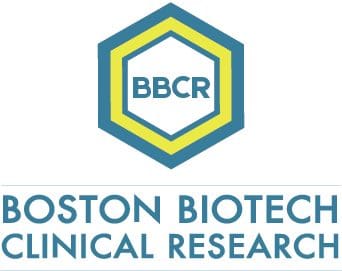Personalized medicine or precision medicine is a medical model emphasizing the customization of healthcare, with all decisions and practices being tailored to individual patients in whatever ways possible. Precision medicine seeks to provide an objective basis for consideration of individual differences.
It is a rapidly advancing medical model that is informed by each person’s unique clinical, genetic, genomic, and environmental information. Because these factors are different for every person, the nature of diseases—including their onset, their course, and how they might respond to drugs or other interventions—is as individual as the people who have them. Essentially, personalized medicine is about making the treatment as individualized as the disease.
A key attribute of personalized medicine is the development of companion diagnostics, whereby molecular assays that measure levels of proteins, genes or specific mutations are used to provide a specific therapy for an individual’s condition by stratifying disease status, selecting the proper medication and tailoring dosages to that patient’s specific needs. Additionally, such methods can be used to assess a patient’s risk factor for a number of conditions and tailor individual preventative treatments.
In order for personalized medicine to be used effectively by healthcare providers and their patients, these findings must be translated into precise diagnostic tests and targeted therapies. This has begun to happen in certain areas, such as testing patients genetically to determine their likelihood of having a serious adverse reaction to various cancer drugs.
The oncology community is increasingly embracing bio-specific medicine, an approach based on the discovery that some tumors have unique pathologic and molecular characteristics that may warrant different treatment strategies. By understanding specific differences in tumor biology, researchers are identifying biomarkers for many tumor types, which are helping them to develop treatments targeting these underlying disease pathways. With these targeted therapies, clinicians can develop a more specific treatment strategy that is potentially more effective based on the patient’s tumor characteristics. At the same time, physicians can try to help their patients avoid side effects from treatments that may be less-than-optimal for their specific tumor. The ultimate goal is to deliver the right treatments to the right patients at the right time.
Because the 2003 sequencing of the human genome provided crucial insight into the biological workings behind countless medical conditions, scientists and physicians are advancing the field of personalized medicine at a fast pace. It is not yet an established part of clinical practice, but a number of top-tier medical institutions now have personalized medicine programs, and many are actively conducting both basic research and clinical studies in genomic medicine. Since about 2007 the term Stratified medicine has been used for the current approach.
Personalized medicine advantages for patients and clinicians
- Ability to make more informed medical decisions
- Higher probability of desired outcomes thanks to better-targeted therapies
- Reduced probability of negative side effects
- Focus on prevention and prediction of disease rather than reaction to it
- Earlier disease intervention than has been possible in the past
- Reduced healthcare costs
To develop drugs that meet the personalized medicine standards require a strategic clinical plan and specialty clinical trial protocols.
Today drug development is very different from the blockbuster approach utilized in the past. Most important, the clinical development of drugs for personalized medicine must start with the phase 1/first in man studies.
Would you like to read more about personalized medicine?

Specializing in rare disease, Boston Biotech Clinical Research works with biotech, pharmaceutical, device companies and investors to streamline the clinical trial process. Our experienced team helps each client reach their specific goals by customizing a clinical and regulatory road map of simplified programs and streamlined protocols to meet our clients’ requirements.

